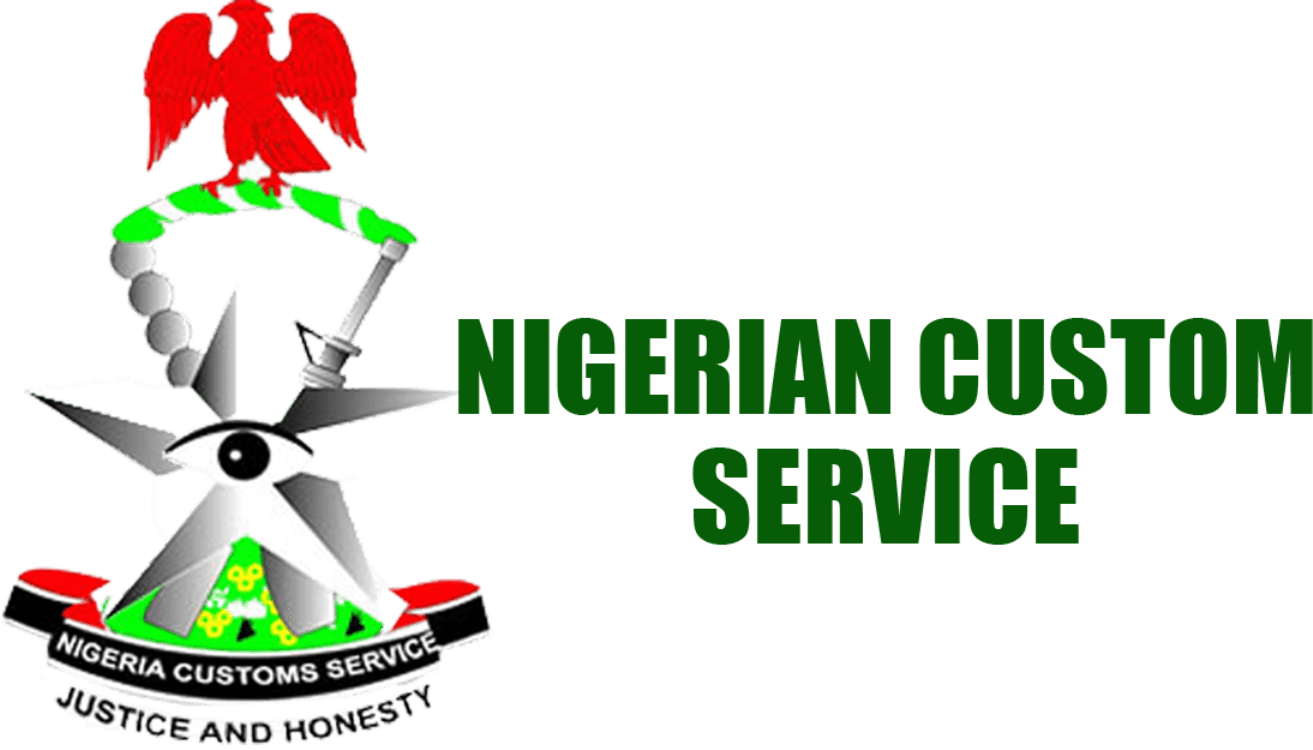SON, Customs should work together
Report that the Standards Organisation of Nigeria (SON) and Nigeria Customs Service (NCS) are locked in a row over which of the agencies should inspect goods imported into the country is a cause for concern for all Nigerians, as such could affect performance by the agencies, both of which play very important roles. The lack […]

Report that the Standards Organisation of Nigeria (SON) and Nigeria Customs Service (NCS) are locked in a row over which of the agencies should inspect goods imported into the country is a cause for concern for all Nigerians, as such could affect performance by the agencies, both of which play very important roles.
The lack of synergy between both agencies was made public by the Director-General of SON, Farouk Salim.
Axa Mansard pushes actions on climate, plants 5,000 trees
Naija youth, shine your eyes and vote well
During the destruction of some imported items which included sub-standard electric cables, gas cylinders, engine oil, tyres, low grade roofing sheets and cigarettes running to billions of naira, the DG lamented that all the items were smuggled through Nigerian ports and were only intercepted by SON officials in the markets.
The DG further said “We are not always invited for joint inspection. In fact our invitation for joint inspection is rare and in-between. But I can guarantee you that if our officers get opportunities to inspect these products, the moment they look at it from their experience they would be able to detect substandard goods.’’
In his response to the accusation by the DG SON, the Comptroller-General of NCS, Hameed Ali, stated that “At no time did the NCS refuse to oblige them (SON) with any request. Indeed the NCS, even without intervention from SON, on its own directs suspicious items bordering on brand and intellectual property rights infringements to them.’’
The CG’s statement which was issued by Timi Bomodi, the NCS’s public relations officer, further stated that “the field inspection process chart flow on the SON official website shows the involvement of SON at the ports and borders during examinations.’’
SON was established by Act No. 56 of 1971 and its mandate includes the preparation of standards related to products, measurement, materials, processes, and services. The agency’s functions were further strengthened with the introduction of the Conformity Assessment Programme in 2005, to address concerns over unsafe products entering the country. This assessment conformity process requires all imported products whose standard specifications were declared compulsory by SON to be inspected for conformity to the relevant Nigerian standard before release into the market.
The Nigeria Customs Service, which has been in operation for quite some time derives its current operational modus from the Customs and Excise Management Act (CEMA) Cap. 54 LFN 2004, which is the principal legislation guiding the administration of customs and excise in Nigeria. The central provision of this law recognises the NCS as the agency charged with regulating the importation and exportation of goods in Nigeria.
The laws establishing both agencies place on them the important roles of regulating and inspecting the importation and exportation of goods into the country. Because this overarching task is so complex, the extant laws establishing these agencies recognise and require them to apply their specialisation and expertise in handling their responsibilities within available framework.
To do this effectively and efficiently, their duties and responsibilities are clearly spelt out in the extant laws guiding their operations. This is not only to prevent overlaps, but more importantly they are required to work in synergy towards attaining government’s objective of ensuring that goods imported and exported into and out of the country meet local and international standards. The benefits from this are not just limited to having quality assurance on goods, but also in revenue generation for the country from such exercise. It is also intended to plug loopholes which allow foreign imports of low quality goods into Nigeria for which the country pays huge sums unfortunately.
From the statements by these two agencies of government, it would appear that both are not working in tandem to deliver government’s goal of ensuring that only goods that meet the requisite standards are allowed into and out of the country. The negative effect of this can be seen in the proliferation of arms, contraband items and substandard goods into the country. Such development is certainly not in the interest of government and the people of Nigeria. If the issue is not resolved immediately it has the potential of precipitating chaos in our ports and borders, thereby enabling all sorts of goods into the country. Already, we have seen the escalation of insecurity in the country fuelled by unbridled arms imported illegally. We have also witnessed a deluge of substandard goods in our markets which are harmful to our health and environment.
This is hardly what the country needs at this critical time as we approach the election circle with all the attendant issues it could likely generate. These two agencies must work together.
The government should consider setting up inter-agency inspection units at the ports made up of members from all the relevant agencies, each focused on their specific roles to ensure proper synergy.
We also call on the office of the Secretary to the Government of the Federation, which is the relevant supervisory arm of government to these agencies, to wade into the matter between them and resolve it in the overriding interest of the country. This should be done without further delay.
